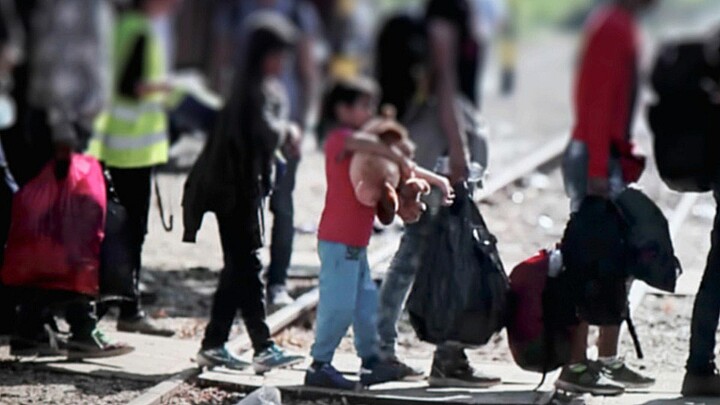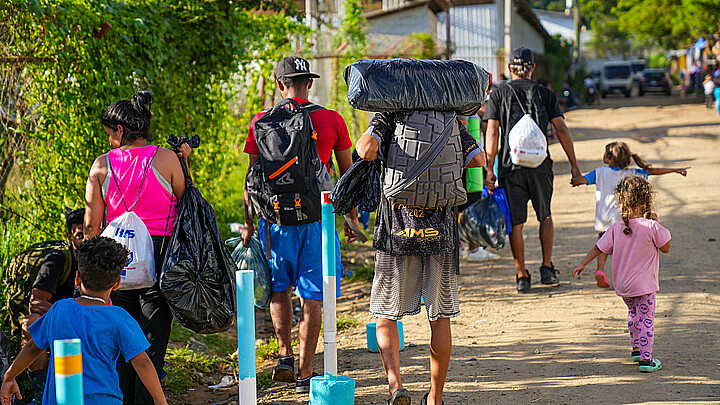Immigration
Migrants are being used as 'weapons' in hybrid warfare
One of the most prominent cases was Cuba’s Mariel boatlift
December 7, 2021 7:07pm
Updated: December 10, 2021 1:26pm
In hybrid warfare, migrants are often used as “weapons” in wars between countries. The most recent example of this kind of war can be seen in Belarus, but the concept of migrants as weapons can be seen throughout time.
This style of hybrid war is seen today in the tensions along the Belarusian border with Poland. Thousands of migrants were escorted to the Polish border by Belarusian authorities, promising them safe passage to Europe.
Many of those seeking to enter Europe are fleeing war-torn countries in the Middle East.
Critics claim the war is being waged in revenge for the West’s criticism of Belarusian President Alexander Lukashenko and the European sanctions imposed on the country in 2020 for its human rights abuses.
This weapon is a way to exploit “deep political divisions and public fears over uncontrolled immigration,” according to The Financial Times.
However, the situation at Poland’s border is not the first time in history that migrants have been used as a weapon in a war between countries.
There have been at least 76 cases of this kind of hybrid warfare since 1951, according to Kelly Greenhill, author of the book “Weapons of Mass Migration: Forced Displacement, Coercion, and Foreign Policy.”
One of the most prominent cases in her book is the Mariel boatlift from Cuba to the U.S. in April of 1980. Fidel Castro announced that Cubans wishing to migrate could board boats at the Port of Mariel. Fidel’s decision was in part due to housing and job shortages, as well as internal tensions rising on the island.
This episode turned into one of the most massive exoduses of Cubans to the U.S. In the course of seven months, 125,000 Cubans made it to America in 1,700 boats. Fidel also sent prisoners and people from mental health facilities in an attempt to destabilize the U.S.
The exodus had repercussions throughout the U.S. President Jimmy Carter lost his re-election bid, and Bill Clinton, who was running for governor of Arkansas in 1980, also lost.
Most recently, in a deal between both governments, Nicaragua removed visa requirements for Cubans wanting to visit the Central American country. This could potentially place thousands of Cubans wanting to escape from the island at the doorsteps of the United States.
Other cases include the Pakistani military sending 10 million Bengali refugees to India in 1971 to pressure it to cease support for the Bengali rebel movement. Muammar Gadaffi asked Europe for 5 billion Euros in exchange for stopping illegal migration from Africa.










